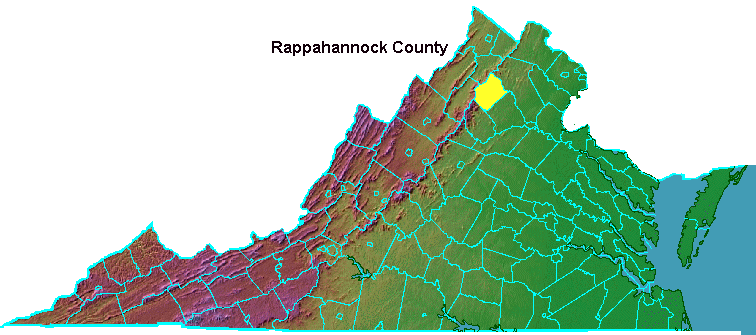

Rappahannock County has prided itself on avoiding the suburban sprawl that transformed Loudoun, Stafford, and Prince William counties and threatened Fauquier and Culpeper counties. The absence of a stoplight in the county and the long delay before a cell tower was finally authorized in 2011 reflected the rural, community-oriented nature desired by local residents.1
Not all of those residents were "born here's" with ties extending back multiple generations in the county. Many were wealthy "come here's" looking for an alternative to the hectic, partisan lifestyle in Washington, DC.
A proposal by a DC-based developer to vitalize/revitalize the town of Little Washington generated controversy in 2014. The developer was familiar with the town because of meals at chef Patrick O'Connell's famous Inn at Little Washington restaurant, where meals could cost $500. To protect the quality of the customer experience when dining and staying overnight, O'Connell purchased properties near his facility in order to eliminate incompatible uses (such as scrap metal dealing).
The DC-based developer purchased a substantial percentage of the buildings in the 7-block long town. He proposed to create more economic activity by expanding beyond the inn, converting existing under-utilized buildings into boutique hotels and upscale stores. The vision, first revealed to most residents of Rappahannock County in an article by a Washington Post reporter, was to use urban redevelopment techniques to make Little Washington a busier, more-vibrant place:2
The local response was not all favorable. Many suggested that the charm of Rappahannock County was directly related to the lack of hustle and bustle, and increased traffic/business was the sort of "growth" that was not desirable for their part of Virginia. Others debated if Little Washington was in need of being "saved," because 75% of its tax revenue was generated by just one business and diversification would help the community.
One resident noted that Little Washington could go down the path that altered Middleburg in Loudoun County. That once-bucolic town metamorphosed into a tourist destination, trading the small-town experience for the economic activity of high-end shopping and services, exemplified by the creation of the Salamander Resort and Spa.3